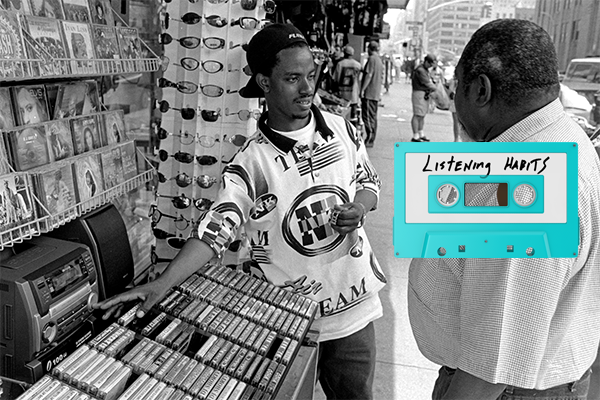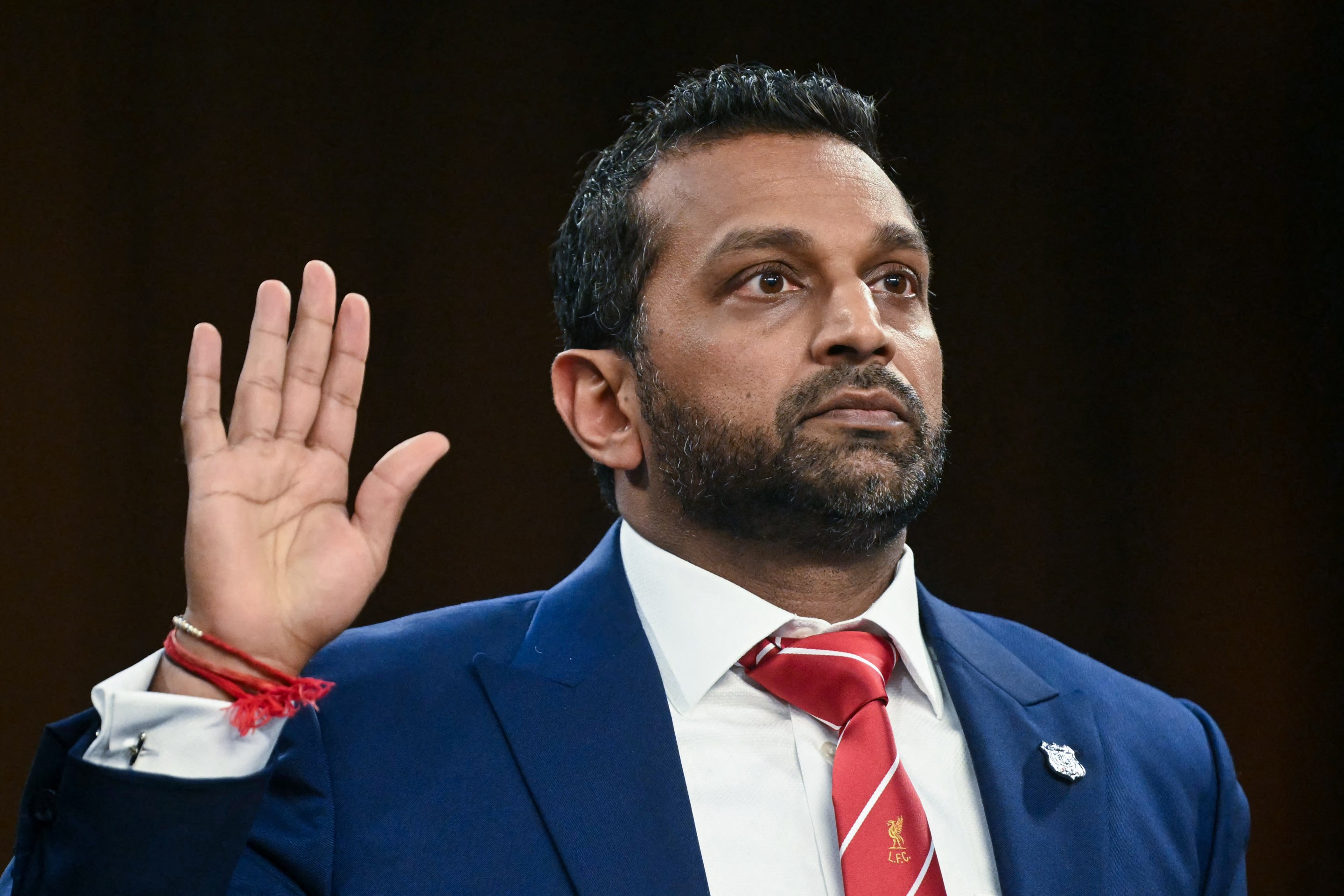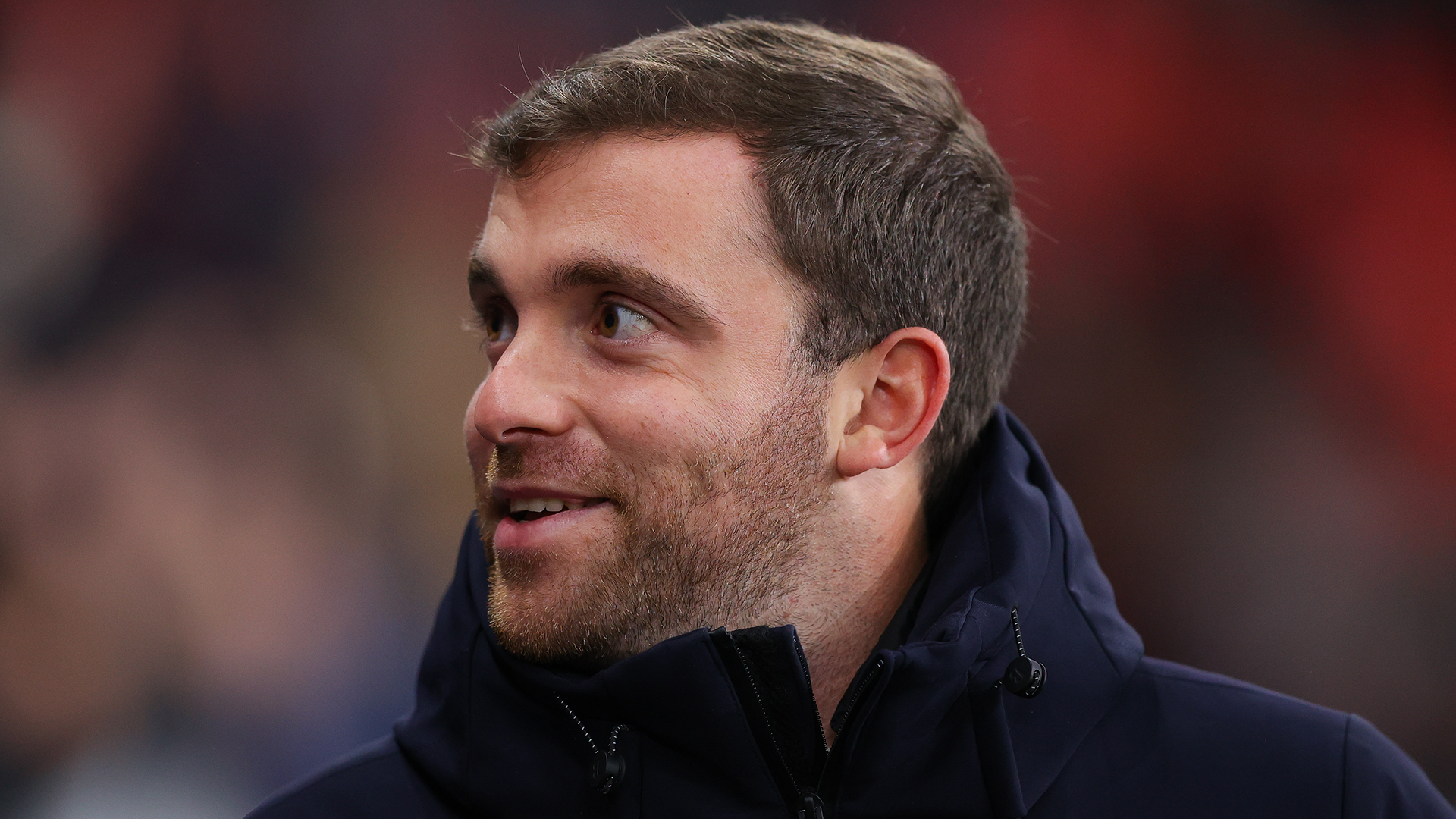Welcome to Listening Habits, a column where I share the music I’ve been fixated on recently.
It's hard for music to feel as exciting and urgent today as it used to, back when it was central to pop culture. Today, music feels like that thing you hear playing at your favorite coffee shop or you listen to while at the gym when you can't find a podcast that blathers on for two hours. It's background noise for another activity rather than the activity itself. Unless you're a nerd about it, people don't seem to engage with it with much depth anymore.
I am one of those nerds though, and even for me, seeking out music on streaming services takes much of the joy out of discovery, since so much of the work is being done for you by algorithm. There are hot song playlists, genre-specific playlists, playlists geared towards you specifically based on what you already listened to before. The almighty machine says it knows what's best for you, so go ahead and shut off that brain of yours, king. In response to this environment, physical media is making a bit of a comeback. Kids are into CDs and cassettes again, vinyl is still a collector draw, and artists are turning to sites like Bandcamp or pumping out their music direct-to-consumer in order to break out of the algorithmic chain. But unless they start building record stores again, there's still an itch not being scratched. In my mind, the only thing that comes close to recapturing that magic of discovery and communal activity are leaks.
Music leaks are nothing new. Obsessives and completists have always clamored for the rarities and the unreleased stuff. They usually come with a good story: sketches of a project that never came to fruition, or something that garnered incredible hype but, due to label machinations or whatever other tomfoolery, didn't get an official release. A leaked song or album captures the music fan's imagination like nothing else. This is especially true once file sharing opened the vaults to everyone for everything. From shelved albums to imminent releases, the internet made the hunt for leaks and unreleased, unfinished music a genuine craze.
There are good and bad aspects to this. For an artist, a leak is a horrible thing, arguably earth-shattering. It certainly was for Jai Paul, a buzzy new artist in 2011 who released a couple of singles that went crazy on the internet and seemed to announce the arrival of a new star. But then his anticipated debut album leaked online. The devastation of that leak sent Paul into hiding for nearly a decade, and the album wasn't released officially until 2019.
That is one of the more infamous examples of the negative ramifications of a leak. Then there are more curious cases, like Lil Wayne's. Lil Wayne, following Tha Carter II and in anticipation of its followup, had transformed himself into one of the biggest rappers in the world just off the strength of his mixtapes. But part of the anticipation for Tha Carter III was a burning question: Could Wayne make an album that was as good as his mixtapes? When songs that were allegedly recorded for Carter III began leaking, there was a feverish demand to hear them and see if they stacked up.
And they did! Those original Carter III leaks were some of Lil Wayne's best records and helped to drive excitement for the new album. Unfortunately, the leaks caused headaches for Wayne, as the album was delayed again and again to record new material. None of those early leaks made the final cut for the album, and while Carter III has its moments and was a huge success on the charts, it was hard for his most committed fans not to rue what could have been. Still, I continue to believe that the hype those leaks generated played a big part in Carter III selling as much as it did. Those songs were so legendary, Wayne felt compelled to officially release an EP of some of them on streaming later on. Does that make what happened OK? Do the ends justify the means? Of that, I'm not sure.
A similar thing happened with Playboi Carti. Carti is incredibly prolific but also something of a perfectionist, and as a result he's constantly recording songs for new albums that either never materialize or only come out long after he first promised. This has made him highly susceptible to leaks. In the runup to 2020's Whole Lotta Red, it felt like a new Carti song was getting leaked every day. Some of those songs turned out to be some of his best music ever.
One byproduct of those leaks, beyond further delaying an already overly delayed project, was that Carti began to rethink his whole sound, looking for something fresher and more exciting, and moving on somewhat from his highly successful partnership with Pi'erre Bourne. That's how we ended up with the version of WLR that we got, one that didn't feature much of the sound he'd cultivated with Bourne, but instead experimented with more rage rap production.
This evolution of his sound was divisive. While Whole Lotta Red did a lot to position Carti as the heir apparent to Travis Scott's gaggle of white boys who "luv 2 rage," it took some time for older fans who had loved those Pi'erre records to get on board. And while Carti claims to hate leaks and the effect they have on his process, it sure seems strange that such a big artist hasn't figured out how to plug the holes.
This gets us to the flip side of leaks: They're great publicity. They get your most ardent fans excited for the next project, and they can even become genuine hits. They encourage a level of attention, speculation, and engagement from fans that strengthens the bonds between the artist and their most committed listeners. Pi'erre has a number of leaks that are among his fan base's most cherished songs. The rapper Veeze is one of the many artists who have turned releasing snippets on Instagram into a full-blown publicity campaign. Even superstars like Drake and Kendrick have famous leaks that have helped cultivate each of their cults of personality.
Speaking of superstars, Frank Ocean, who has essentially disappeared from music since the death of his brother, still maintains his magnetic mystery primarily through infrequent, targeted leaks, dribbling out just enough music to keep his obsessives on the tether. It would be silly not to assume that the artists are involved in this dynamic, even if the beast they think they're sating only grows larger and more ravenous.
Diddy Trial Watch
After 28 days of testimony, closing arguments for the trial against Sean Combs started Thursday morning. After testimony from 34 witnesses—including former employees, investigators, and two ex-girlfriends—it's now up to a jury to decide whether or not Combs's behavior meets the criminal requirement for sex trafficking and racketeering. Despite all the people on the internet pretending to be trial experts, conjuring fantasies of what they think might happen if Diddy is found not guilty, it's impossible to know how the jury will rule.
But while we await the verdict, it's worth considering what the trial and its result might signify to the wider entertainment business, its legion of despicable wealthy men, and the victims of their abuse. Will this be a harbinger of an even larger reckoning, one that proves that even the biggest names can be taken down, or will it reinforce for victims the feeling that their voices don't matter?
For Combs's part, he's pulling out whatever stops he can to present himself as a "good man," wearing pleasing Mr. Rogers sweaters and carrying spirituality-adjacent self-help books. His family has been there with him throughout the trial. Since he can't make physical gestures directly towards the jury, this sort of indirect communication has had to suffice. His biggest wins in the trial thus far have been his defense's ability to cast doubt on the timelines of certain events, calling into question the validity of certain claims. Whether that's enough to convince the jury that a reasonable doubt about the actions themselves exists remains to be seen.
The Non-Rap Song Of The Moment
New York did the right thing for once. They resisted the overtures of the grandma-killing pervert and voted in favor a mayoral candidate with an inspiring, inclusive vision of a better future. Is that the bare minimum? Maybe. But we as a nation haven't been very good at doing the bare minimum lately. So good for you, Zohran Kwame Mamdani. Finally, New Yorkers have a good excuse to talk about how great this city can be.
If you would like to contribute something or ask a question for future installments, email me at israel@defector.com.






